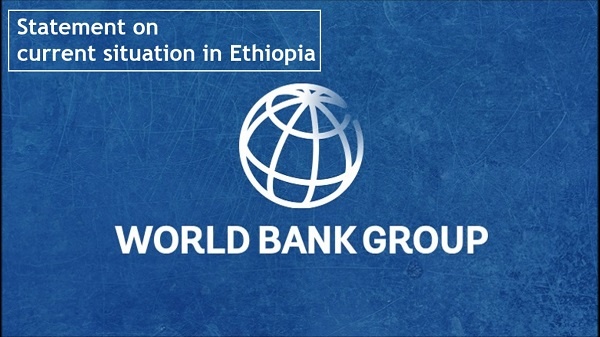
Ethiopia is currently facing challenging times and the World Bank Group is keenly following the latest developments in the country. The unrest in Ethiopia is unfortunate and of great concern. Such events undermine all the encouraging economic and social development outcomes the country has achieved in recent years.
As a development institution, the World Bank Group’s role is to help end extreme poverty and promote shared prosperity for the Ethiopian people. Accordingly, the World Bank Group is supporting Ethiopia to address its citizen’s demands for basic human services such as education, health, clean water, livelihood support, women empowerment, social and environmental protection in all regions.
Over the past decade, our interventions have helped Ethiopia to make significant progress in key human development indicators: primary school enrollments have quadrupled, child mortality has been cut in half, and the number of people with access to clean water has more than doubled. Notwithstanding these notable accomplishments, Ethiopia still faces many challenges and will need continued support to reach its development objectives to improve the living conditions of its expanding population, which is currently estimated to be in excess of 112 million.
As a development focused organization, the World Bank does not have the mandate to get involved in the internal governance issues of its member states. However, human rights principles are prominently embedded in our Environmental and Social Framework through explicit requirements for nondiscrimination, meaningful consultation, effective public participation, property rights, accountability, transparency and good governance. Furthermore, as a member of the Development Assistance Group, we will continue to engage in dialogue with relevant authorities to safeguard the rights and interests of all Ethiopians.
Source: World Bank Group
